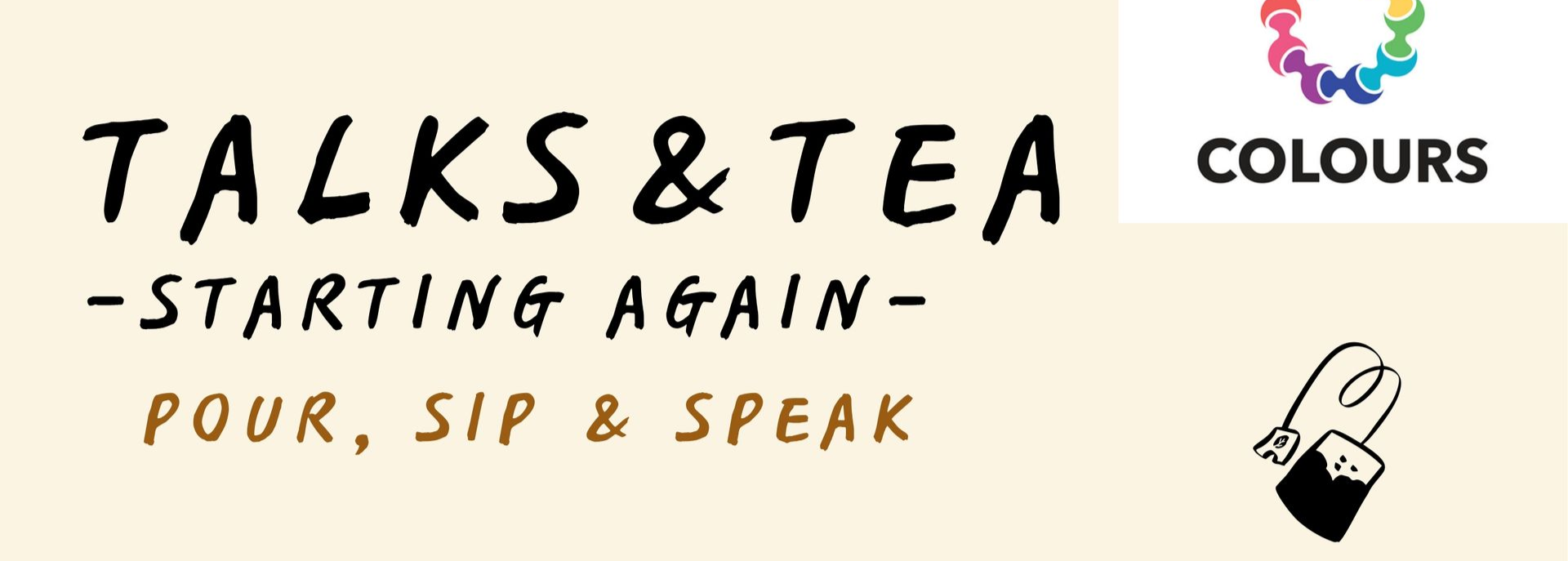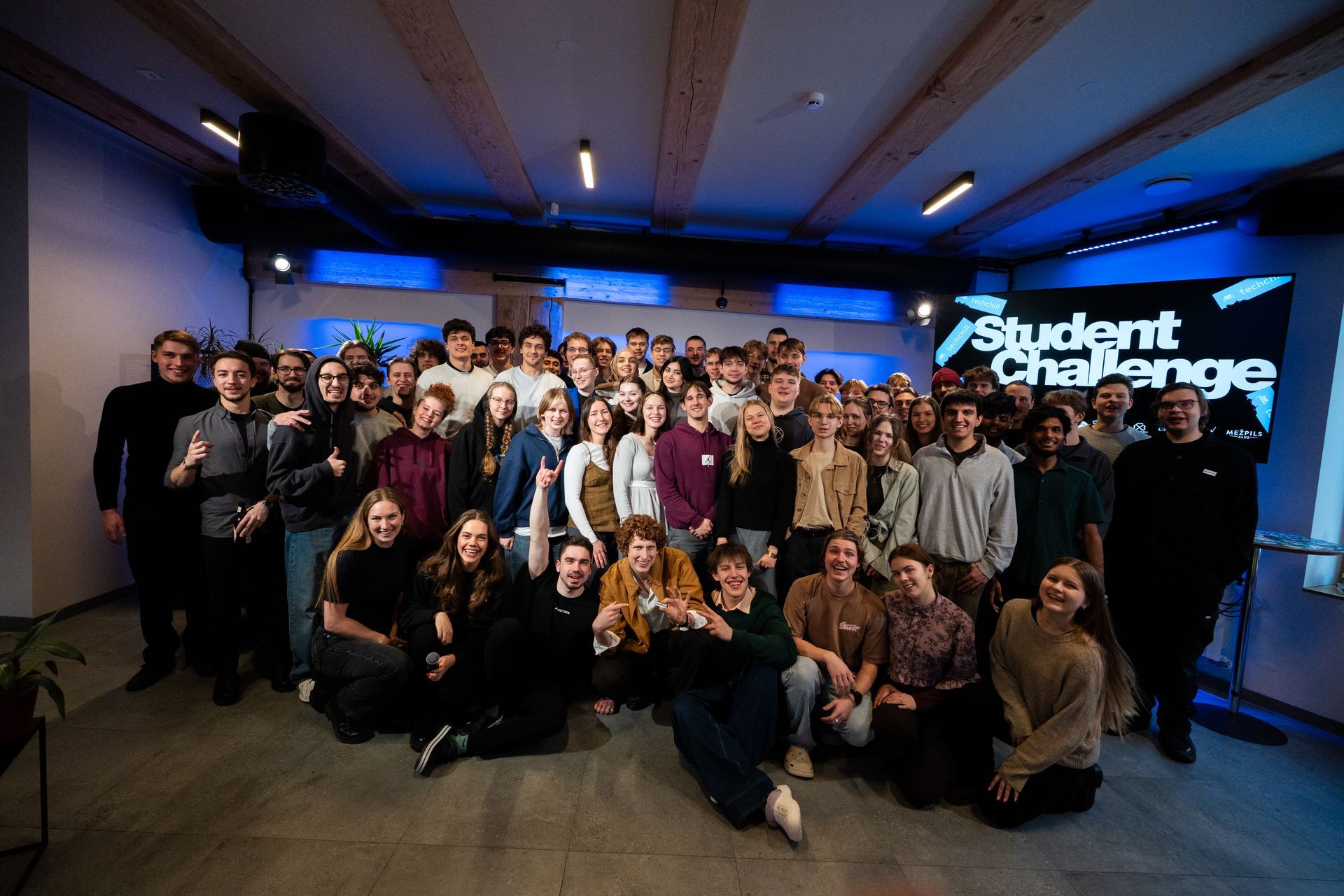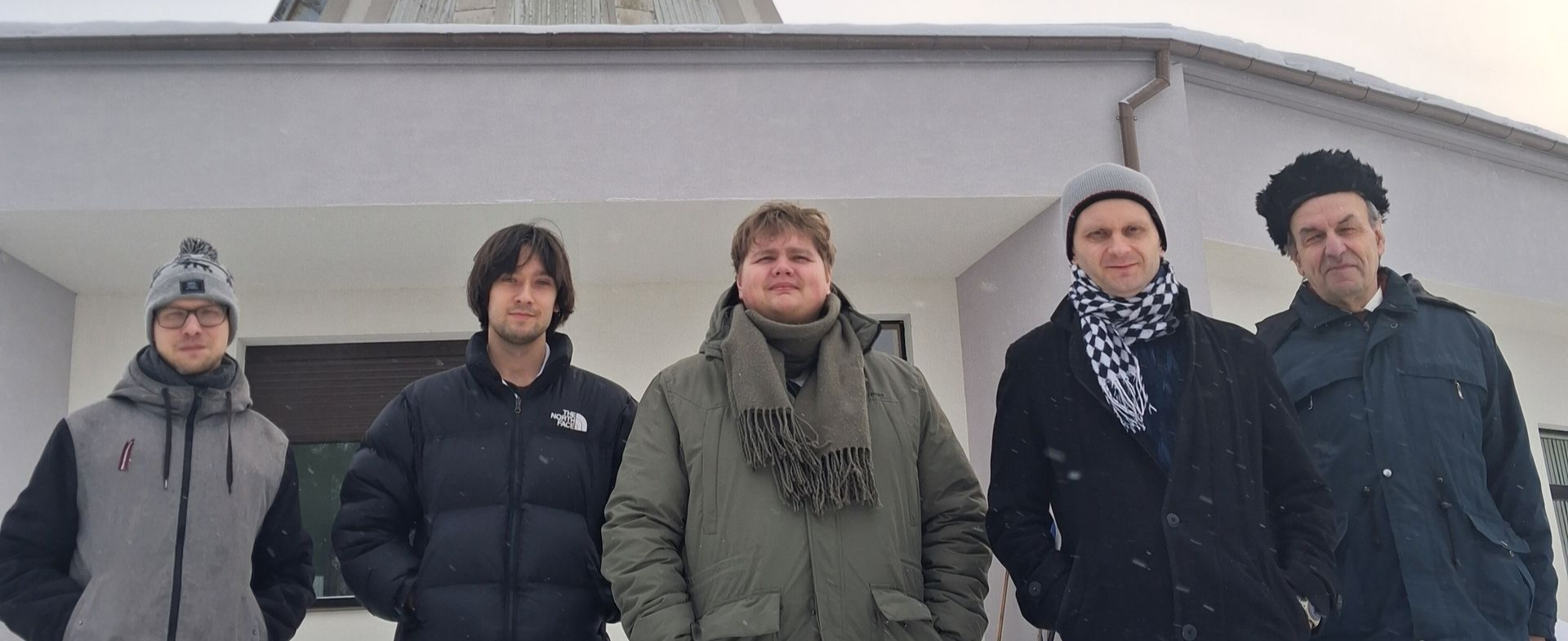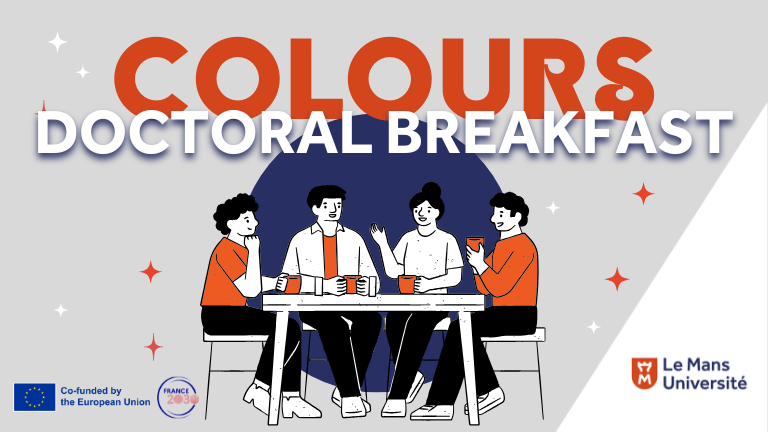Project DIMD has ended

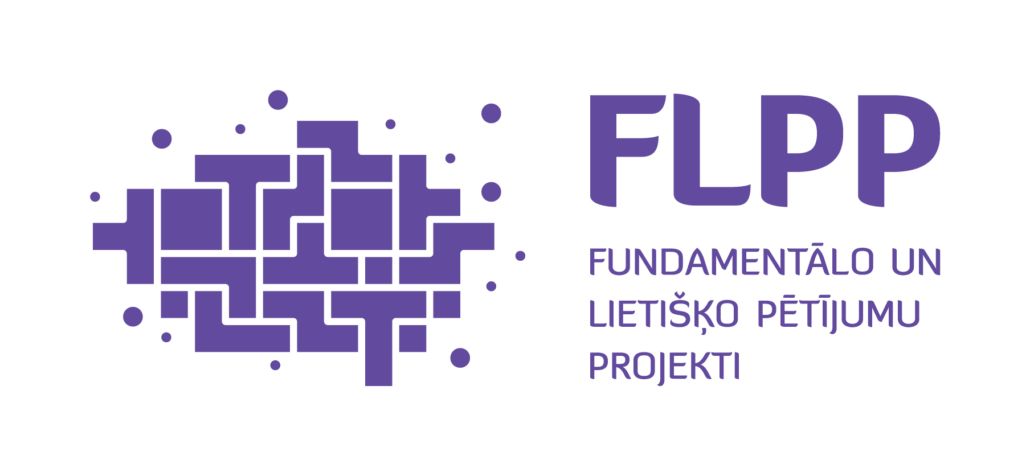

With the last day of 2024, the scientific research project “Desorption of icy molecules in the interstellar medium (DIMD)” ended. It was implemented at the Ventspils University College of Engineering “Ventspils International Radio Astronomy Centre” and was funded by the Latvian Science Council in its Fundamental and Applied Research Projects programme (project No. lzp-2021/1-0076).
In the mid-term project report (2023), we already described the participation of the project participants at several conferences in Latvia and abroad, participation in the international cooperation project LILAC, a popular science article, and, most importantly, the scientific research conducted, which was submitted to the high-level astronomy journal Astronomy & Astrophysics (A&A).
“This turn of events left the participants in a poor situation. Before the last year of the project, none of the four planned major studies had been completed or at least submitted to an A&A-level journal.”
Several assumptions had to be used in the submitted study, in particular, about the collision speed at which ice chunks break off in collisions between interstellar dust grains. The results of such collisions had been studied in recent calculations by a group of scientists at the University of Kaiserslautern, Germany. From their published works, we concluded that our assumptions were wrong because at the moment of collision the ice mantle behaves like a liquid that deforms, rather than breaking into fragments like a crystal. Consequently, our submitted publication did not contain scientifically valid results and was eventually withdrawn.
This turn of events left the participants in a poor situation. Before the last year of the project, none of the four planned major studies had been completed or at least submitted to an A&A-level journal. On the other hand, the work carried out was not without result – we had a highly developed astrochemical model at our disposal. Practically any investigation (except for those based on incorrect assumptions) could provide new, publishable scientific results with this program. At the end of 2023, the model was further improved and the race against time until the end of the project could begin!
In the first [1] of the four major research studies conduced during 2024, we examined the general results of the model – the calculated amount of various solid (ice) and gas molecules in an interstellar nebula. This included organic matter, which was a special focus in the project. In the second publication [2], we explained the evaporation of organic matter from frosted dust near a newborn star. Perhaps the most interesting was the third paper, which examined the path of dust from a cold stellar envelope to the planet-forming disk around the young star. Research showed that two types of dust end up in the disk – cold and icy, and slightly warmer, but completely bare grains. The coagulation of such dust into sand, grain, pebble, and increasingly larger-sized clumps started of the formation of planets, including those in our own Solar System. The fourth article was completed with the final bell of the project and studied the origins of interstellar cosmic clouds. All articles were submitted to A&A. The first two have already been published, the third is in press, while the fourth still has the long road of scientific review ahead of it.
Other planned works have also been successfully completed. Two smaller articles have been submitted for publication. The first considers the temperature of dust in circumstellar space, while the second addresses the conditions in a cosmic nebula that gravitationally collapses, until forming a newborn star at its centre. The work was explained to Latvian astronomers, interested people, and the public in the scientific conference of the University of Latvia, an article for the popular science magazine Zvaigžņotā debess (Starry Sky), as well as in an interview published in the magazine “Ir” [3]. The work on the project is not over yet – the submitted articles must be brought to publication, and reports are planned for the next (83rd) University of Latvia scientific conference, as well as the Latvian Astronomical Society.
This research has been funded by the Latvian Council of Science, project “Desorption of icy molecules in the interstellar medium (DIMD)" No. lzp-2021/1-0076.
[1]
https://www.aanda.org/articles/aa/full_html/2024/07/aa50015-24/aa50015-24.html
[2] https://www.aanda.org/articles/aa/full_html/2024/12/aa51858-24/aa51858-24.html
[3] https://ir.lv/2024/10/16/zvaigznu-putekli/
Photo: Icy interstellar dust with the James Webb Space Telescope Chamaeleon I in the dark cosmic nebula. NASA, ESA, CSA, and M. Zamani (ESA). Science: M. K. McClure (Leiden Observatory), F. Sun (Steward Observatory), Z. Smith (Open University), and the Ice Age ERS Team
Share on other platforms
Other news
